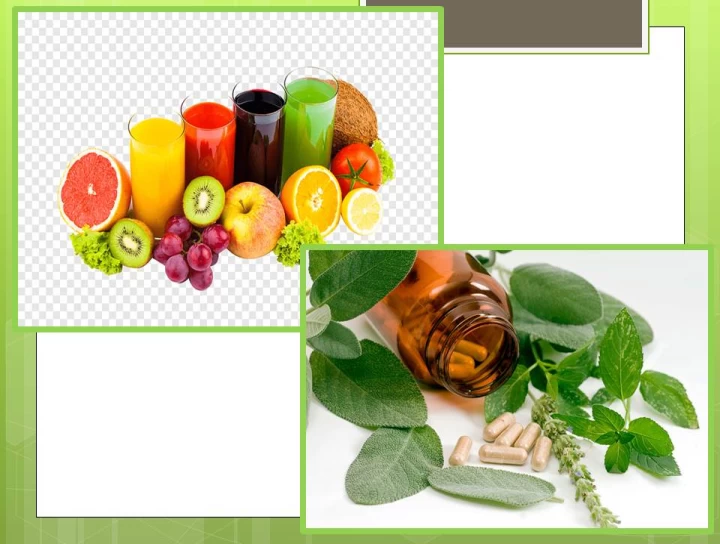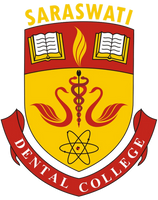
“Nutraceutics and Phytotherapeutics : An alternative to Pharmaceutics”
There is a long and effective history of plants usage in the field of dental health. A review by Lewis and Elvin, noted a quotation: “the Miswak (chewing stick) is an implement for the cleaning of teeth and it pleases God.” The Vedas, which is an Indian holy book, also mentions treatment with plants. Ancient Indian ayurvedic literatures such as Susruta Samhita and Charaka Samhita also have given contributions in this field. Hippocrates, the “Father of Medicine,” included references of over 250 medicinal plants and herbs in his writings.
Nutraceutic is applied to products that are isolated from herbal products, dietary supplements (nutrients), specific diets, and processed foods such as cereals, soups, and beverages that other than nutrition are also used as medicine. Nutraceutic is a term that is derived from “nutrition” and “pharmaceutics.” Nutraceuticals may be used to improve health, delay the aging process, prevent chronic diseases, increase life expectancy, or support the structure or function of the body. Nowadays, nutraceuticals have received considerable interest due to potential nutritional, safety and therapeutic effects. Emphasis has been made to present herbal nutraceuticals effective on hard curative disorders related to oxidative stress including allergy, alzheimer, cardiovascular, cancer, diabetes, eye, immune, inflammatory and Parkinson's diseases, insomnia, constipation, allergies as well as obesity. Few examples of nutraceuticals are probiotics, antioxidants, polyunsaturated fatty acids (omega-3, omega-6), vitamins and enzyme complexes. Food that contain nutraceuticals are grapes, blueberry, olive oil, red wine, flax seeds, the omega-3 contained in fish.
Another therapy which has gained attention is ‘Phytotherapy.’ In the word phytotherapy, the prefix “phyto” means plant and “therapy” means healing and curing. In other words, “Herbal” products have been used in folk medicine since ancient times, in both eastern and western medical traditions. Aromatherapy and naturopathy are derivatives of phytotherapy. While phytotherapy uses plants, aromatherapy revolves around the fragrant substance produced by some of these plants. When extracted in liquid form, this substance becomes an essential oil.
The use of herbs for medicine has been successfully used in dentistry as antioxidant, antiseptic, and analgesic. These natural phytotherapeutical agents can be used as a substitute to antibiotics. They are used to improve immunity and help in the healing of oral infections. Phytotherapy is the usage of herbal species with medicinal properties for the management of various diseases. Plants have phytochemicals such as alkaloids, essential oils, flavonoids, and tannins that have strong antimicrobial activity and used as an anti-inflammatory, antibiotic, analgesic, and antioxidative agents. The plants have therapeutic benefits, such as antioxidant, anti-inflammatory, antimicrobial, antiseptic, and anti-collagenase properties. Various Herbs and their uses in the management of Periodontal Disease are Aloe vera, neem, curcumin, tulsi, castor oil plant, coriander, garlic, juniper, onion, guava, pomegranate and so on. However, they can be used as a part of everyday practice, as they offer therapeutic benefits either alone or in combination with different conventional therapies.
Medical treatment has been shifted to being more prophylactic as a recent trend. Postgenomic research has unveiled the fact that nutritional intervention has been strongly associated with genetic expressions, which are responsible for a variety of biological functions. The prophylactic effects of dietary supplement and nutrient have been enthusiastically implemented. Thus, preventing or retarding the onset of diseases with Nutraceutics and Phytotherapeutics has become a more attractive and cost effective strategy in the medical arena.


No Any Replies to ““Nutraceutics and Phytotherapeutics : An alternative to Pharmaceutics””
Leave a Reply